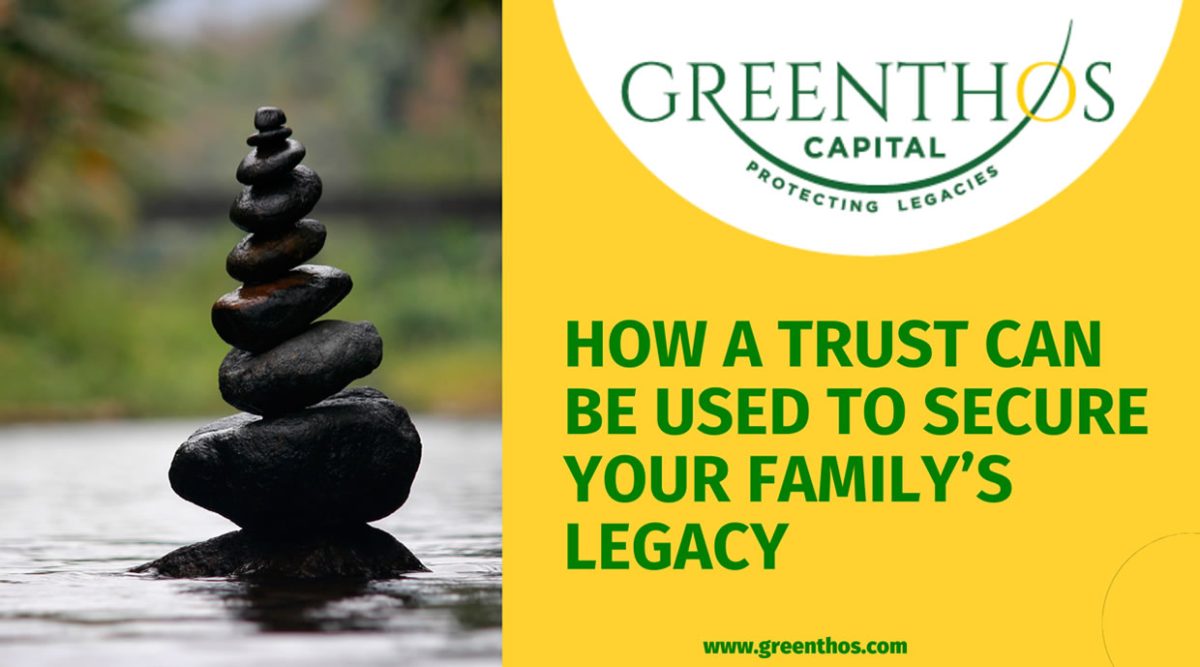Before James’ grandmother, Ms. Annet Kiberu passed on, she had gifted her 3 daughters, Diana, Rebecca, and Alice a 3.5-acre plot of land in Mpigi district where she had been subsequently laid to rest. Her wish was that the property remains in the family for generations. Since it was common practice in our society to exclude daughters from property inheritance, she wanted to ensure that her daughters would always have a place to call home no matter the circumstances. 30 years after her demise, the family land was still in the names of her three daughters, of whom Alice had passed on. The surviving daughters, Diana and Rebecca were determined to keep the land in the family to fulfill Mrs. Annet Kiberu’s wishes.
Estate planning includes using Wills, trusts, and other distribution structures to dispose of one’s estate upon death. A will is a legal document that declares one’s wishes regarding the distribution and management of their assets in the event of death. On the other hand, a trust is a fiduciary relationship in which one party, known as a trustor, gives another party, the trustee, the right to hold title to property or assets for the benefit of a third party, the beneficiary.
Will administration is fraught with challenges. For example, Wills can be challenged and once the property is bequeathed in a Will, the beneficiary may do whatever they want with it including selling it. Also, due to the nature of our society, it may be difficult to fulfill one’s wishes through the dictates of A Will. In light of these challenges, trusts can prove to be a more reliable estate planning vehicle.
For Mrs. Annet Kiberu’s family, the land needed to be maintained for the benefit of all of Mrs. Kiberu’s descendants. Simply drafting A Will might not have secured the land in the family for generations as intended. With this in mind, the family established a trust that would ensure not only the preservation of the land in the family for generations but also provide a safety net to the descendants of Ms Annet Kiberu.
Like this family, if you intend to keep assets in the family for generations, you might want to consider the use of trusts. Property that might be placed in the trust includes shares, cash and real estate like a family house, matrimonial house or ancestral burial grounds.
Trusts can be either living trusts or testamentary trusts. A living trust or trust intervivos is created during the lifetime of the trustor by a trust deed. A testamentary trust, like the name suggests, is created by a will. It only comes into effect after the death of the testator and is subject to the probate process. A trust can be revocable or irrevocable depending on its purpose. For example, you might set up a trust to take care of your children’s education and once that is achieved, the trust can cease to exist.Other circumstances where having a trust-based estate plan may be suitable include:
- When Privacy is of utmost importance
When privacy matters to you, you might prefer to opt for setting up a trust. A will has to go through probate process in courts of law to confirm its validity in which case it becomes a public document. On the other hand, a living Trust helps the Testator avoid access and scrutiny by the public as this information is available to a few selected confidants (trustees). - When you would like to donate assets to a charitable cause.
You may want to establish a trust to meet charitable giving goals to causes that matter to you. These may include: education, religious, community development, sports, and health. A charitable trust can ensure that charitable obligations continue even after the demise of the testator and that assets can exist for generations thereby providing a sustainable giving structure. - When you have minors/dependents that need to be taken care of
When you bequeath property to minors, a Trust is the most appropriate estate planning vehicle because it will help to ensure that the property is managed by trustees on behalf of the minors until they can manage it on their own. Also, in case you have beneficiaries with disabilities, a trust will be more beneficial to them as it will ensure the continuity of financial provision and other support even after your demise.
How can we make such solutions work for you? Contact us.
*Disclosures: This material does not provide individually tailored advice. It has been prepared without regard to the individual circumstances and objectives of person(s) who receive it.













